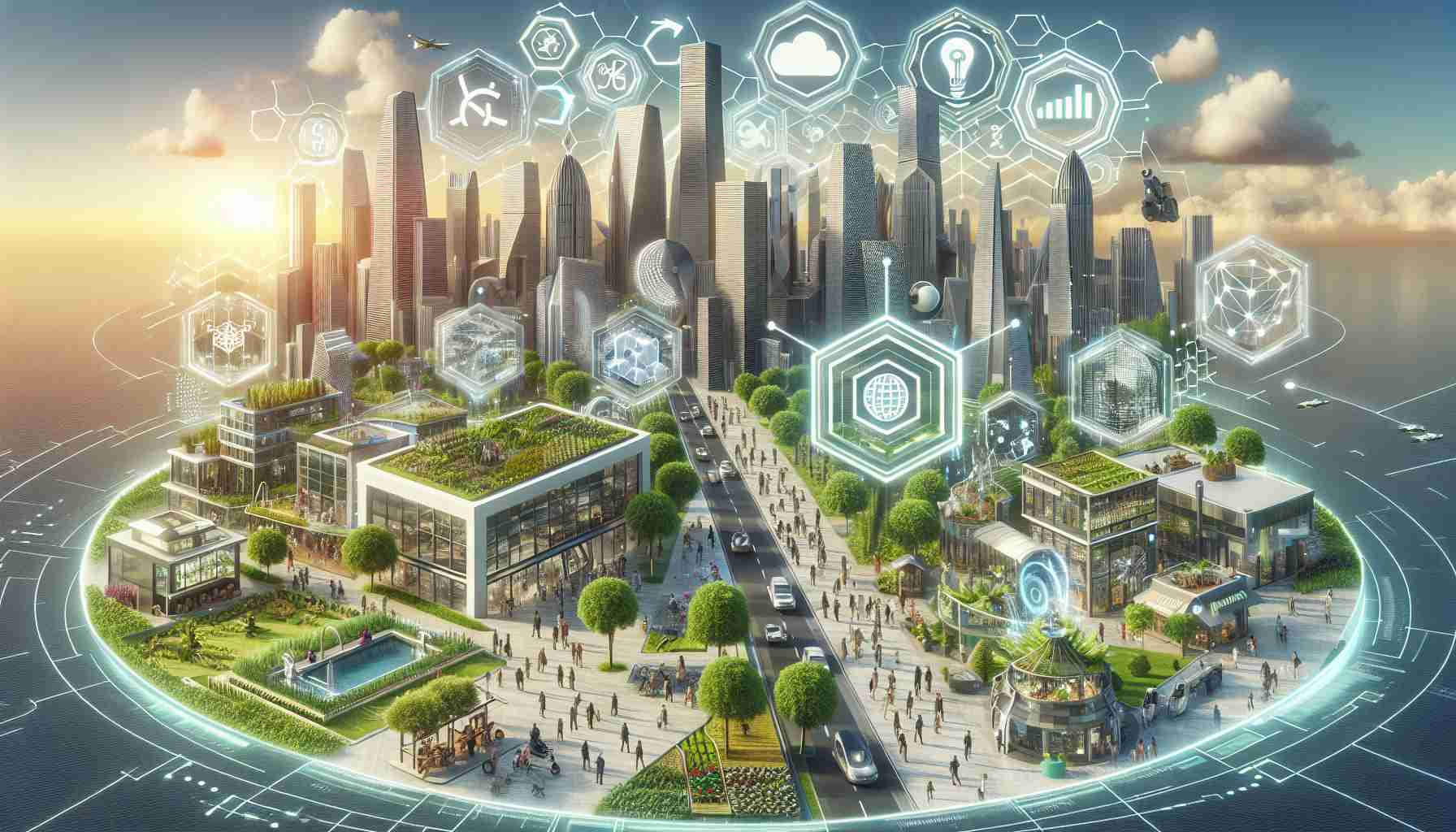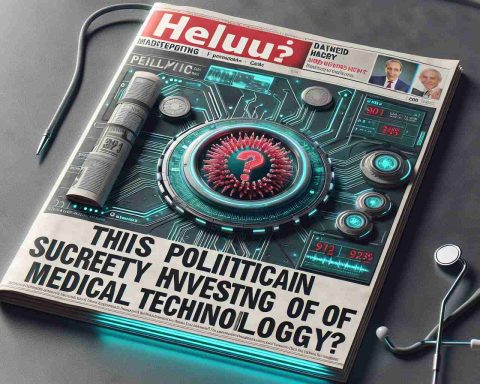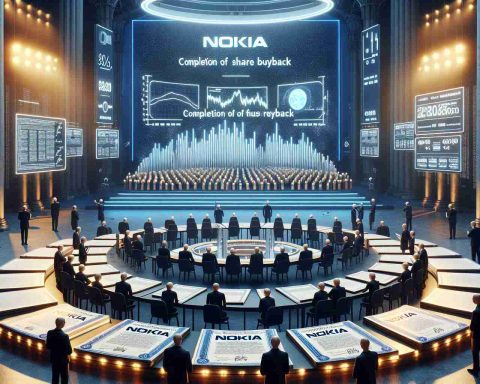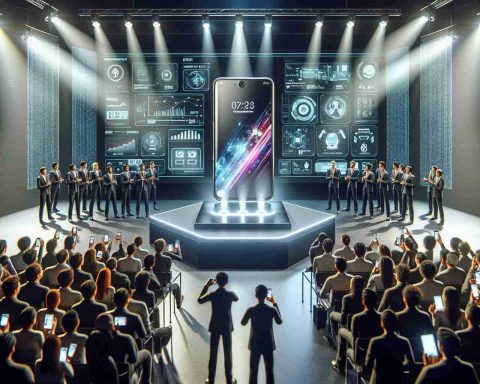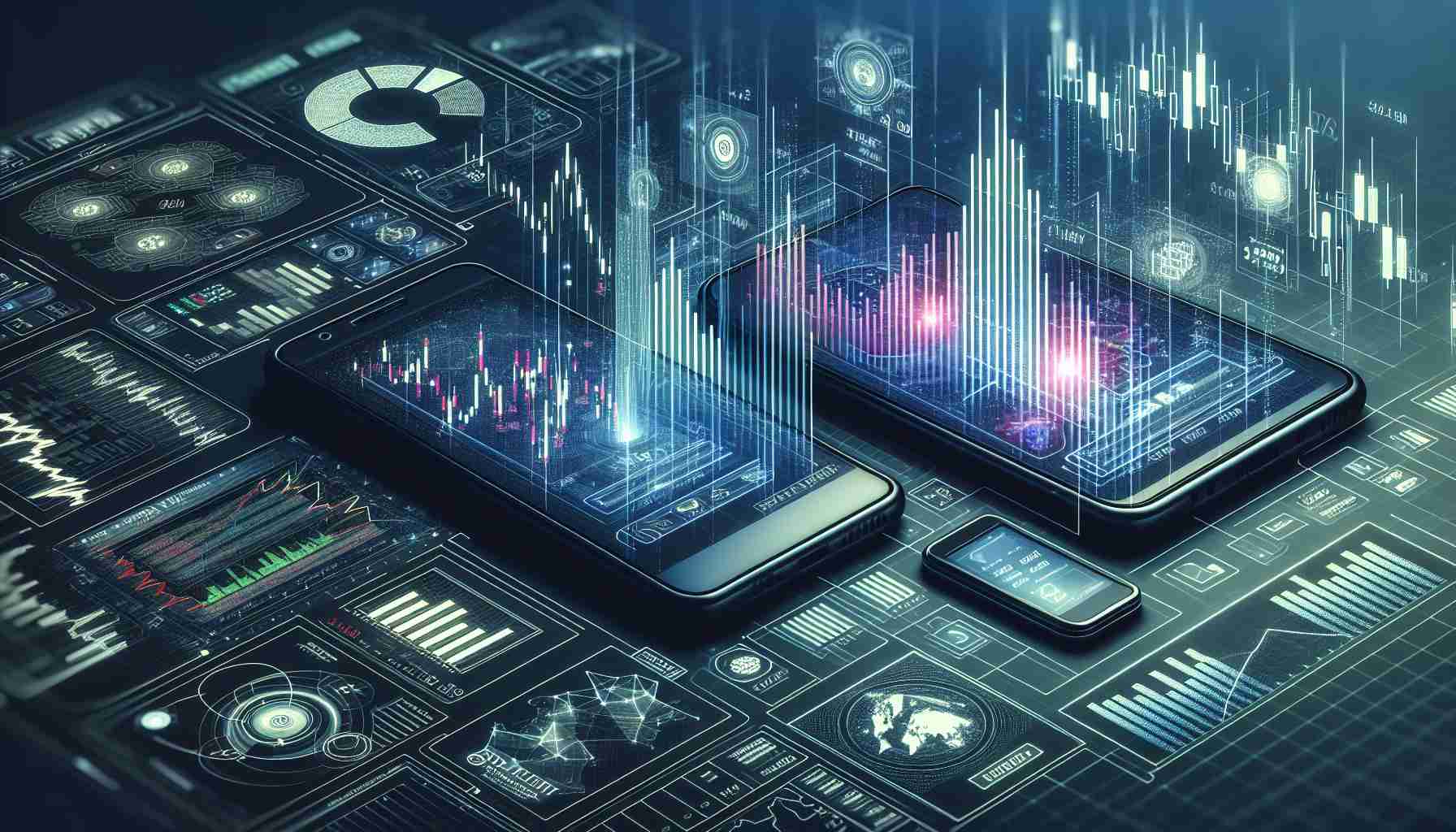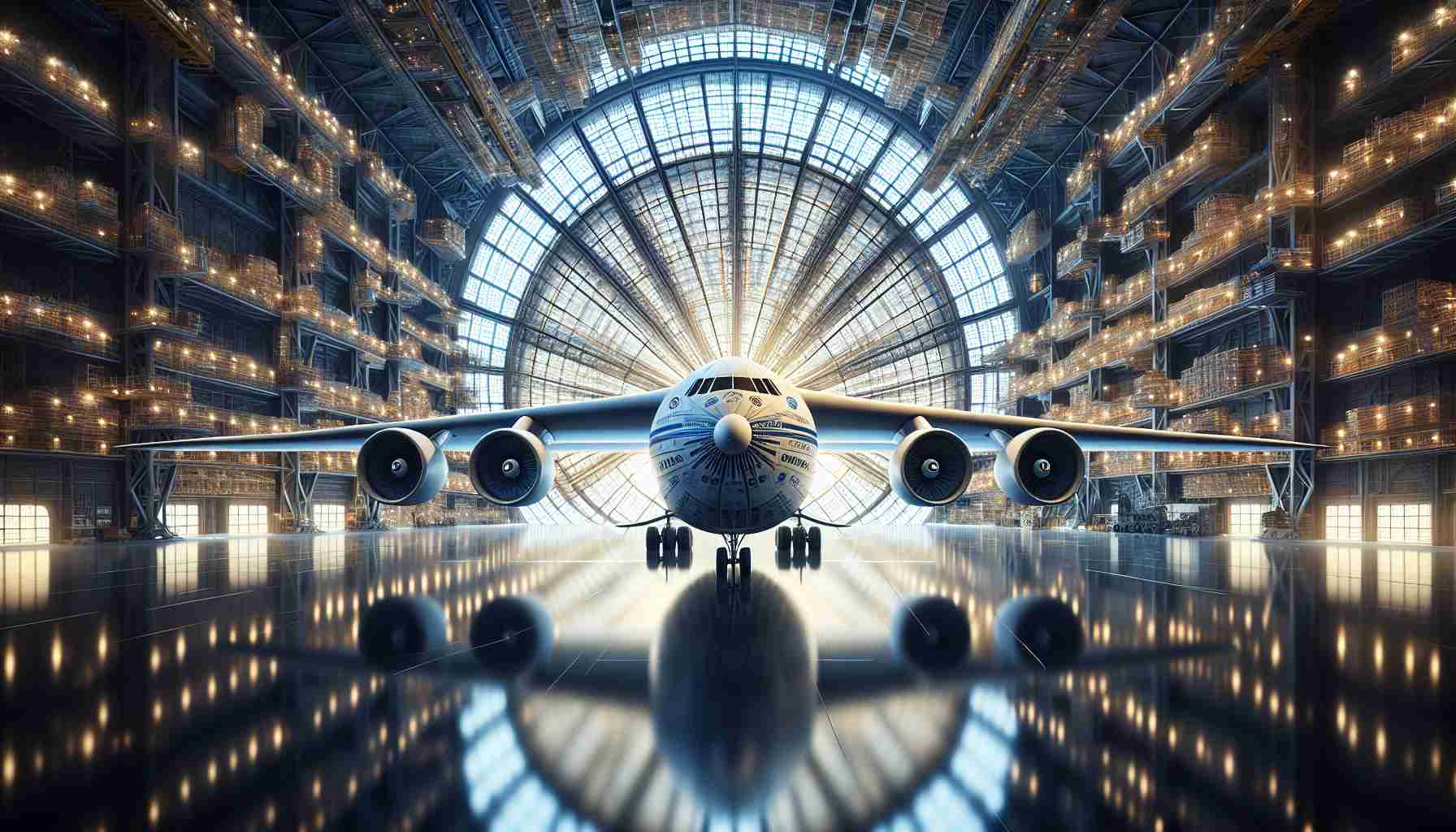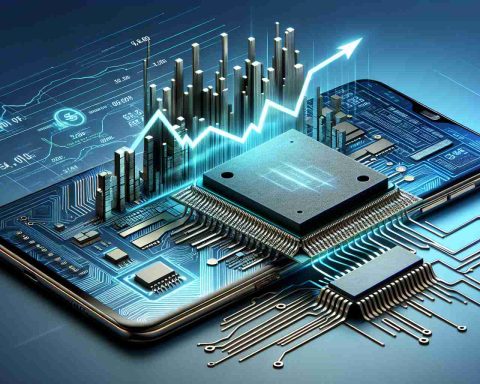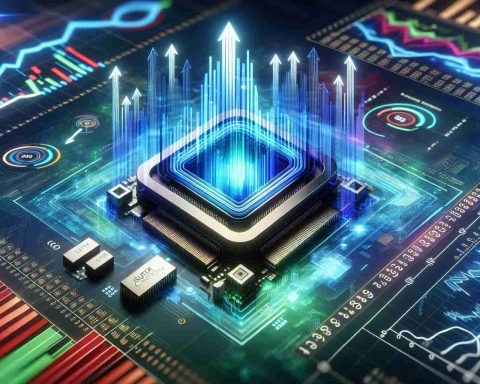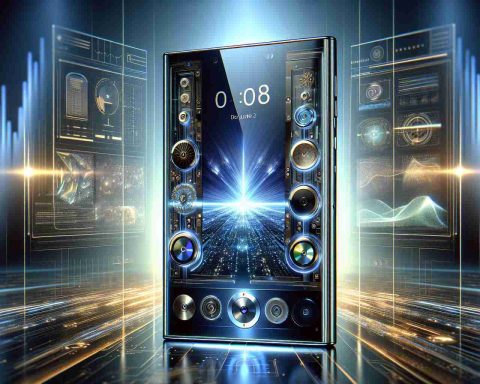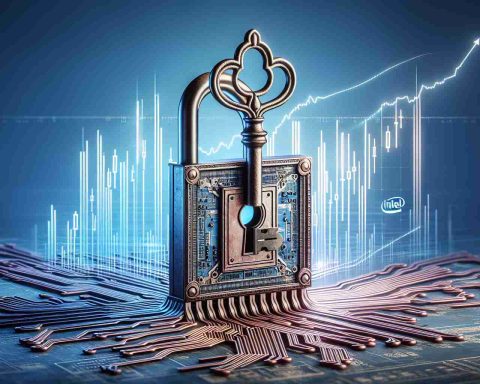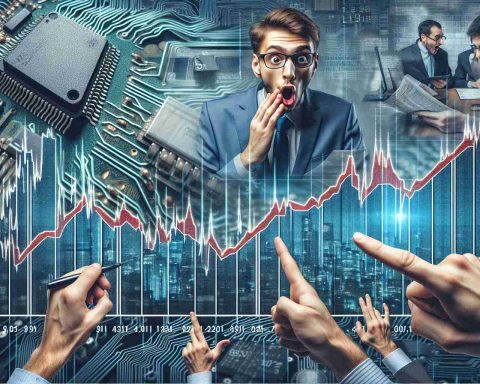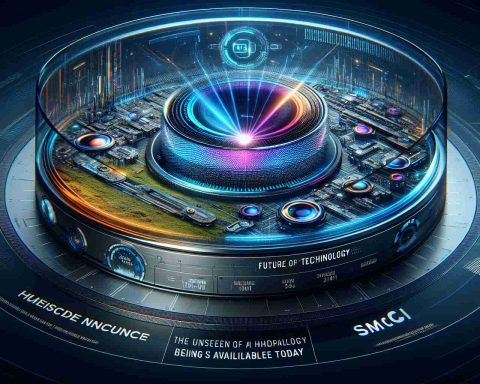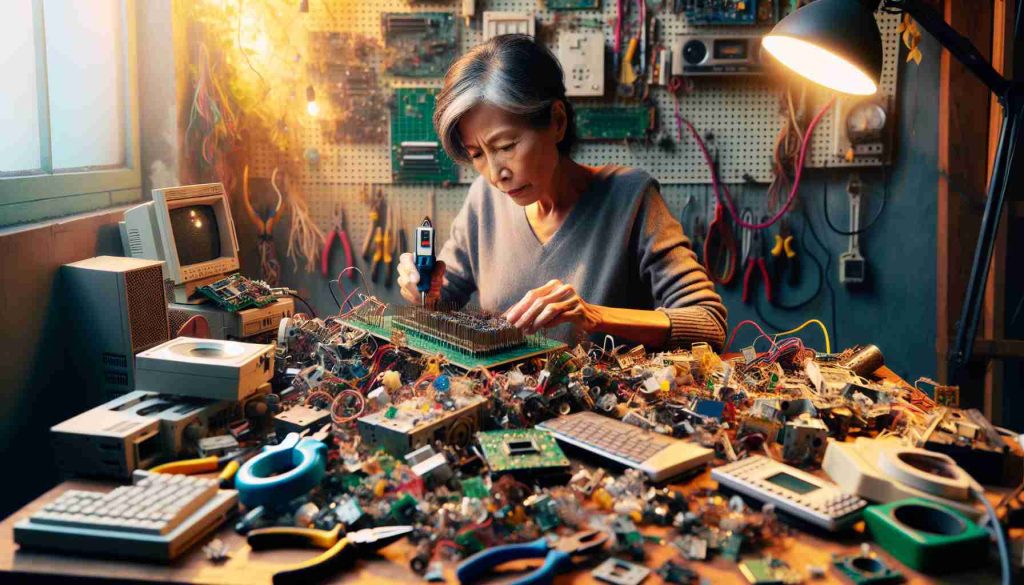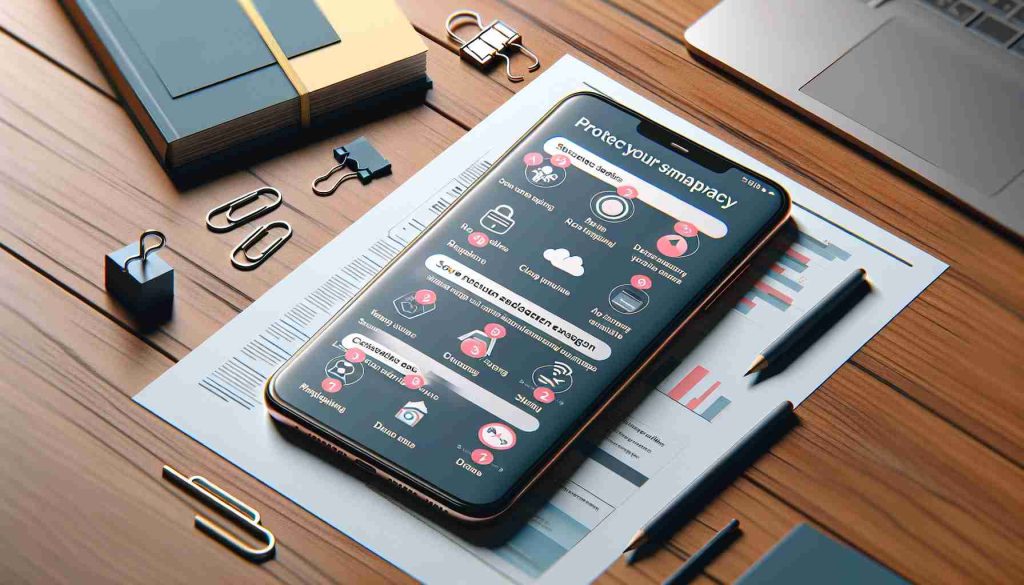Innovative Industries Reshape the City
The industrial sector in the capital city is undergoing a transformation towards smart, novel, and futuristic technologies, ushering in a new era of development. The emergence of cutting-edge industrial products and sustainable goods is energizing the economic landscape, as stated by economic researcher Sun Li.
Technology and Automobile Sectors Driving Growth
Industrial production in Beijing remains steady, with key industries recording substantial growth. From January to July, the value added by large-scale industries increased by 7.6% year-on-year, indicating a positive trend. Notably, all four pillar industries experienced growth, with the automobile manufacturing sector leading the way at 19.7% growth, followed by the computer, communications, and electronics sector at 21.1% growth.
Innovative Production and Economic Momentum
The first seven months of the year saw impressive production figures across various sectors, including a 14% increase in automobile production compared to the same period last year. High-end and emerging products in sectors such as new energy vehicles, wind power generators, industrial robots, and smartphones showed significant production growth rates.
Investing in High-Tech Manufacturing
Investments in high-tech manufacturing have surged by nearly 60%, driving rapid economic growth. Equipment procurement investments have played a crucial role in this increase, particularly in sectors like information services and transportation. The city’s commitment to innovation-driven development is reflected in the vibrant performance of the high-tech manufacturing and services industries.
Consumer Trends and Market Dynamics
Despite some slowdown in overall consumer market recovery, online retail is experiencing accelerated growth. New consumption patterns are on the rise, with increasing demand for upgraded goods such as communication devices, jewelry, and sports & entertainment products. Online retail sales in various sectors have seen positive growth, underscoring the changing consumer preferences.
Maintaining Stable Consumer Prices
Consumer prices in Beijing have remained stable, with a 0.1% year-on-year increase in overall residential consumption prices from January to July. While food prices have decreased, non-food and service prices have seen slight increases, reflecting a balanced consumption landscape in the city.
Technological Innovations Shaping Urban Development
As Beijing progresses towards a tech-centric future, the integration of innovative technologies into urban planning is becoming increasingly prevalent. Advancements in artificial intelligence, Internet of Things (IoT), and 5G connectivity are redefining the urban landscape, paving the way for smarter infrastructure and sustainable living environments.
Key Questions and Answers
What impact do technological advancements have on the urban landscape?
Technological advancements play a crucial role in revolutionizing the urban landscape by optimizing resource management, enhancing efficiency, and improving the overall quality of life for residents. Smart city initiatives leveraging data analytics and automation are instrumental in creating more sustainable and resilient urban environments.
What challenges are associated with transitioning to a technology-driven urban economy?
One of the primary challenges is ensuring equitable access to digital infrastructure and services for all city residents. Addressing issues related to data privacy, cybersecurity, and the ethical use of advanced technologies is also paramount in fostering public trust and acceptance of technology-driven urban developments.
Advantages and Disadvantages
Advantages:
1. Enhanced Efficiency: Technological innovations streamline city operations, leading to improved service delivery and reduced environmental impact.
2. Economic Growth: A tech-driven economy attracts investments, fosters innovation, and creates high-skilled job opportunities.
3. Sustainable Development: Smart urban solutions promote resource conservation, energy efficiency, and better waste management practices.
Disadvantages:
1. Digital Divide: Disparities in access to technology could exacerbate existing social inequalities and hinder inclusive growth.
2. Job Displacement: Automation and AI integration may result in job displacement in traditional sectors, necessitating reskilling and workforce adaptation.
3. Privacy Concerns: Increased data collection and surveillance in smart cities raise privacy concerns regarding the protection of personal information.
Challenges and Controversies
One of the key challenges facing urban areas embracing technological revolutions is striking a balance between innovation and privacy protection. Controversies often arise regarding the ethical implications of data collection, surveillance mechanisms, and algorithm bias in decision-making processes within smart cities. Ensuring transparency, accountability, and public participation in urban tech deployments is essential to mitigate these controversies and build trust among citizens.
For more insights on urban technological advancements and their impact on economies, visit IEEE.

